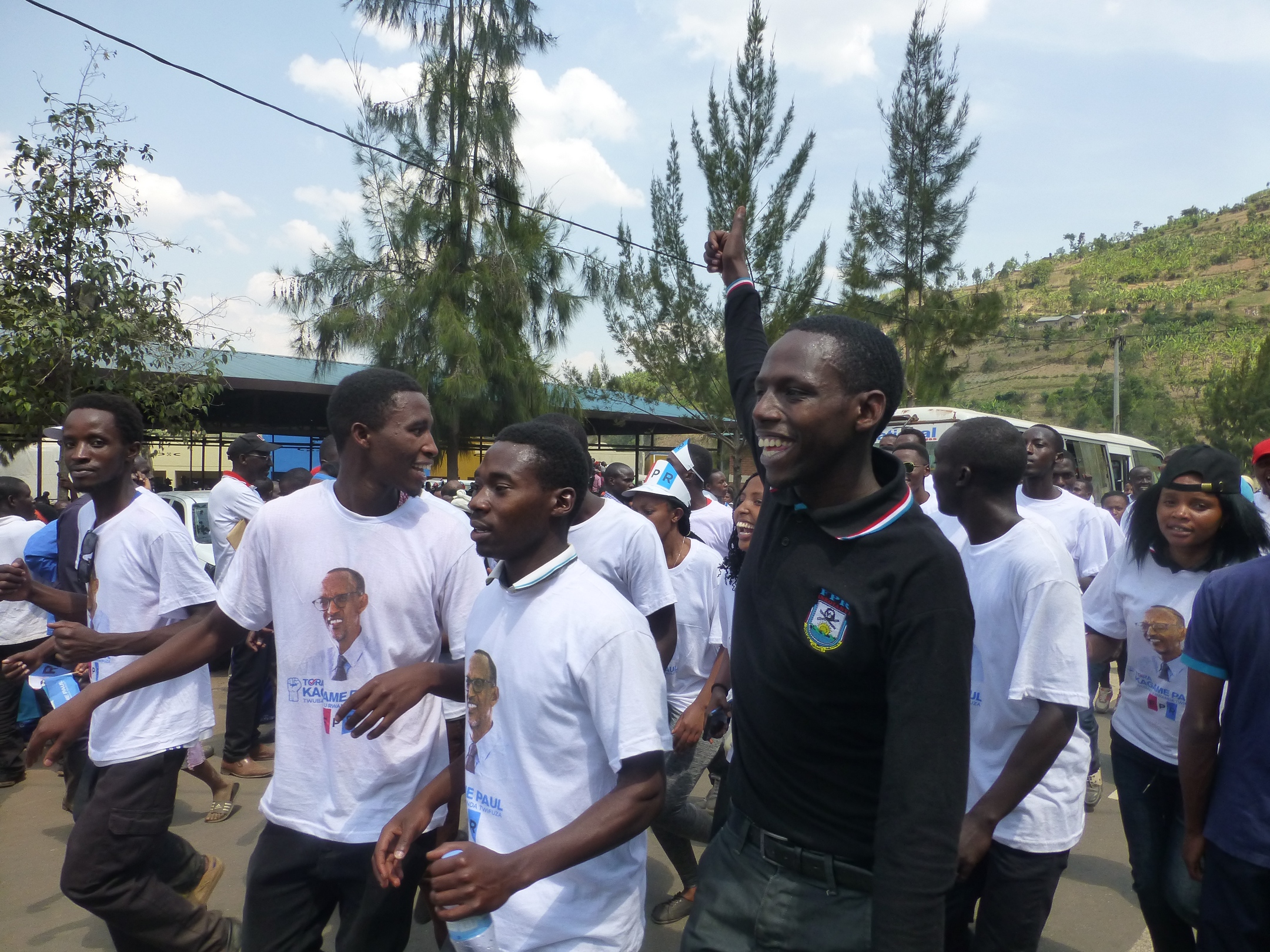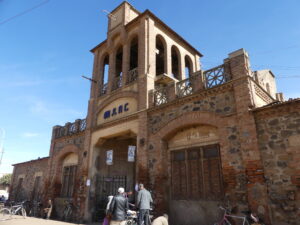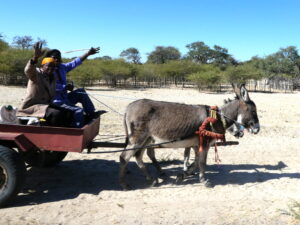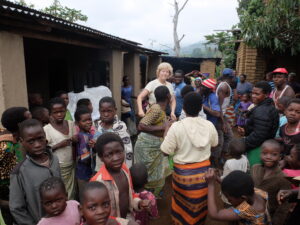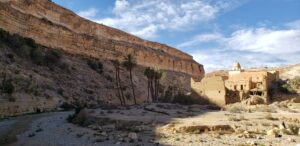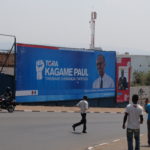
Good leadership unites people and finds ways to improve all lives.
President Paul Kagame has just won a third term to lead Rwanda, as he has since 2003. He is widely popular. As a refugee and military leader against the forces of genocide, he is a testimony to what good leadership can do. Under his guidance this nation, ravaged by horror, is developing rapidly, recovering and healing – unified against hate. (Read about this terrible time and the memorials to it by clicking here.)
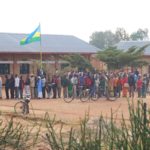
Many westerners lament the tendency of African countries (let alone the former colonial possessions across South America and Asia) to re-elect strong leaders over and over, or to accept the consolidation of long-term power. Clearly there are dangers in doing so, like mis-government, malfeasance, increasing corruption, suppression of dissent or alternative ideas, and so on. Many countries have demonstrated these problems in the past and still do today.
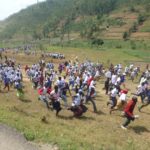
But there are evident advantages as well, as even US cities have found by re-electing mayors again and again. Often people want strong, positive leadership to guide them ahead, even at the expense of some freedoms. Emerging economies don’t always have the luxury of the messy stalemates and short-term political perspective of democracies. The unique historical paroxysm in Rwanda and the astounding recovery it has made perhaps make Kagame a special case – an imperfect leader, as all are, but one the people truly appear to embrace.
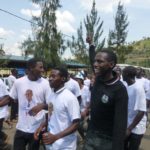
We have been privileged to witness Kagame’s motorcade twice as he attended rallies for him and his party, FPR. One such rally held us up on the road for an hour and a half while he left and the 100,000 or so in the middle of a field had to walk 10s of kilometers along the road to their home villages. As the throngs walked past our stalled car on this occasion, many shook our hands and one woman gave me a party flag. I waved it for the rest of the drive and at the site of another rally we stumbled upon in another city. This show of solidarity and understanding was returned with smiles and thumbs up everywhere.
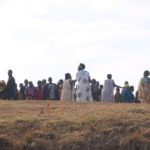
We saw people lined up joyously to vote and considered how well the country has re-built the social unity of its citizens. As such, Rwanda offers a glaring contrast with current attitudes in the U.S., where the politics of division and hate echo the steps that led to the horrific genocide here and elsewhere, parallels too real to ignore.
We must learn from history to stop believing any one person is better or worse than another, for any reason. As Kagame insists, we must start seeing others as neighbors, as ourselves.
(Also, for more pictures from Rwanda and DRC, CLICK HERE to view the slideshow at the end of the itinerary page.)


